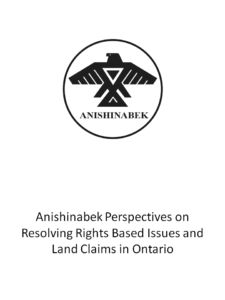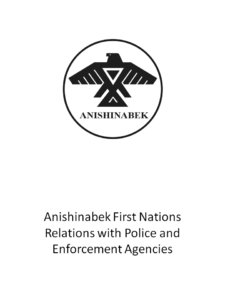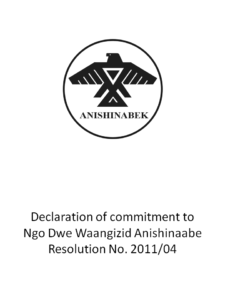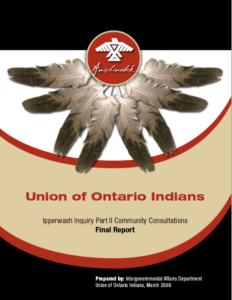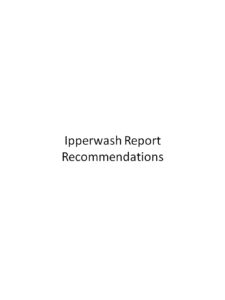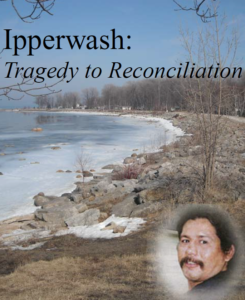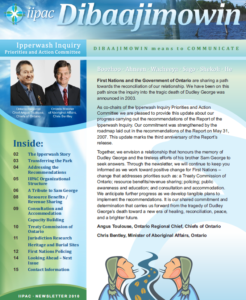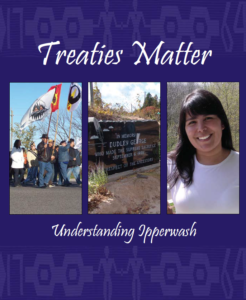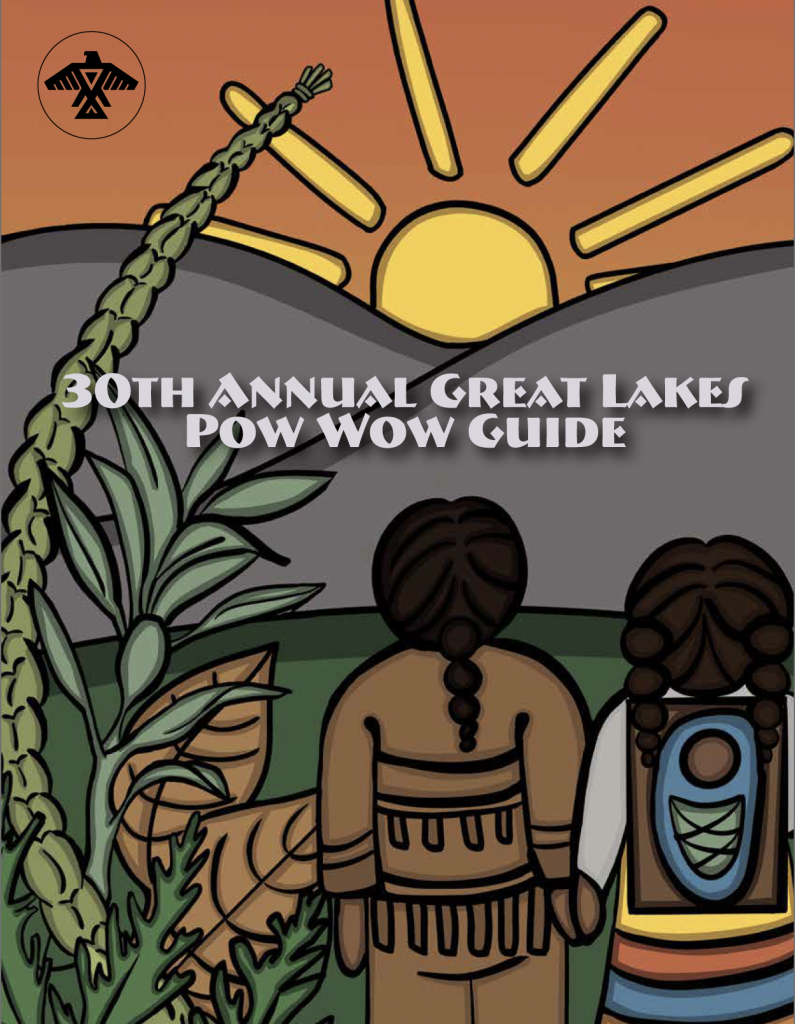BACKGROUND
The Ipperwash Inquiry was established on April 20, 2004, by the Government of Ontario to report on events surrounding the death of Dudley George, who was shot and later died during a protest by First Nations representatives at Ipperwash Provincial Park in 1995.
The Honourable Sidney B. Linden was appointed commissioner with the mandate to examine and report on the events surrounding the death of Dudley George and make recommendations aimed at avoiding violence in similar circumstances.
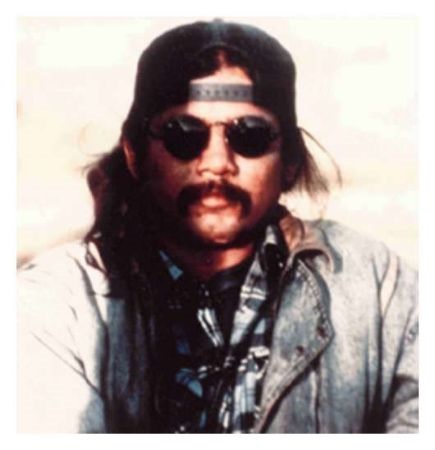
DUDLEY GEORGE
The Report took place in two phases which ran concurrently: the evidentiary hearings that dealt with the events surrounding the death of Dudley George and the Policy and Research part that dealt with the issues directed to the avoidance of violence in similar circumstances.
Commissioner Linden delivered his report on May 31, 2007, at an arena near Ipperwash Provincial Park. When the final report was delivered by Commissioner Linden, there was hope for a new beginning between First Nations and government. The recommendations given by Linden were to be used as a guideline for healing and reconciliation between the two parties.
It has been nine years since the report was presented and the UOI is working to ensure it is put into action for the benefit of Anishinabe.
IMPLEMENTING THE RECOMMENDATIONS
A Memorandum of Understanding (MOU) between the Government of Ontario and the Ontario First Nations Political Confederacy was signed in September 2008. The MOU commits the parties to work collaboratively under the “Ipperwash Inquiry Priorities and Action Committee” (IIPAC) to implement the Ipperwash recommendations
IIPAC includes representatives of First Nation Provincial/Territorial organizations and appropriate Ontario government ministries. Co-chairs are the Ontario Regional Chief and the Minister of Aboriginal Affairs. IIPAC developed four priority areas:
- Treaty Implementation: Establishment of a Treaty Commission
- Land Rights and Interests: Consultation and Accommodation and Resource Benefit Sharing
- First Nation Jurisdiction: First Nation Policing and Harmonization of Law and First Nation Jurisdication
- Capacity Building
Each priority area has a working group of representatives who specialize in that area and jointly carry out a work plan. The approach is consistent throughout and activities can be broken down into themes:
- Information Gathering and Sharing
- Community Engagement
- Finding Common Ground
- Implementation
To facilitate the effective participation of First Nation Provincial/Territorial organizations in the IIPAC process, the Ontario Chiefs-in-Assembly passed resolution 08/05 which endorsed the establishment of the First Nations Ipperwash Inquiry Task Force. The UOI participates in the First Nations Ipperwash Inquiry Task Force, which is mandated to:
- Conduct Research and analysis of the recommendations within each organization;
- Develop a Strategy and process framework for dealing with the government; and
- Facilitate regional discussions of leadership and members on the recommendations.
THE ROLE OF THE UNION OF ONTARIO INDIANS
Following the death of Dudley George, the UOI political office supported the lobbying strategy to establish an inquiry into George’s death. Once the Inquiry was established, the goal of UOI participation was to develop grassroots recommendations that would lead to the building of healthy relationships between Anishinabek First Nations, government and police services. Three papers were commissioned by the UOI and community consultations were held. As a result, the UOI submitted to the Ipperwash Inquiry three research papers as well as a report based on community consultations. These can be read here:
After the Report was released, the UOI advocated for the federal and provincial governments to partner with Ontario First Nations to implement the recommendations. Through this effort, a joint implementation process with Ontario was formalized in September 2008. Currently, the UOI is working in partnership with Chiefs in Ontario and the Ontario government to put the recommendations to action. The UOI participates in joint work on the following areas:
- establishment of a Treaty Commission in Ontario
- Consultation and Accommodation
- Resource Revenue/Benefit Sharing
- First Nation Policing
- Heritage and Burial Sites
- Communications
In addition to research, meeting participation and community engagement, the UOI regularly produces and shares information with Anishinabek First Nation communities and the wider public. Recent submissions to the Anishinabek News can be found below, other resources under Links and Documents.
LINKS
25th Anniversary of the Ipperwash Crisis – Special Edition Anishinabek News
Ipperwash Inquiry Homepage
Ministry of Aboriginal Affairs: Report of the Ipperwash Inquiry
Amnesty International: Ipperwash Inquiry
Book: One Dead Indian, by Peter Edwards
Ipperwash Curriculum for grades 7 and 8, Indigenous Education Coalition
Facebook Group: Justice for Dudley George
Saskatchewan Office of the Treaty Commissioner
Treaty Relations Commission of Manitoba
United Nations Declaration on the Rights of Indigenous Peoples
DOCUMENTS

